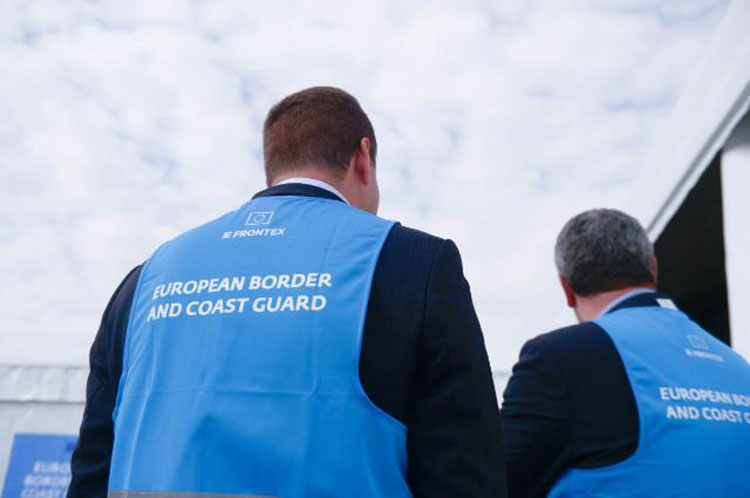The European Commission is today taking stock of the progress achieved and the work still needed in making the new European Border and Coast Guard Agency fully operational. Three months after the launch of the Agency, important steps have been completed, including the setting up of mandatory rapid reaction pools for border guards and equipment and the launch of new pools for return intervention teams. Currently, the European Border and Coast Guard Agency has more than 1,550 officers deployed to support Member States who have the primary role and competence in reinforcing the controls at the external border, complementing their existing national capacities of Member States.
First Vice-President Frans Timmermans said: “After the record-time adoption of the European Border and Coast Guard, all stakeholders have worked at full speed in the past three months to ensure that the Agency can intervene at our common borders whenever and wherever necessary and as quickly as possible. We now propose further concrete steps to accelerate this work. I call upon Member States to provide for the necessary human resources and equipment so that the Agency is soon fully operational.”
Commissioner for Migration, Home Affairs, and Citizenship Dimitris Avramopoulos said: “In only three months, we have made incredible progress in rolling out the activities of the European Border and Coast Guard. The rapid reaction pools of border guards and equipment are in place now, ensuring that there will no longer be shortages of staff or equipment for emergency situations across the EU. In addition, the new pools of return intervention teams will support Member States’ efforts to enhance the return of irregular migrants – a core element of our European Agenda on Migration. I call on all stakeholders to continue their work and cooperation to fully and swiftly roll out the European Border and Coast Guard in all its aspects.”
Today, the Commission also recommended the Council authorise the opening of negotiations with Serbia and the former Yugoslav Republic of Macedonia to allow for carrying out operational activities on their territory which may imply the deployment of European Border and Coast Guard teams to both countries. Once adopted by the Council, the Commission will start the formal negotiations with these two countries. Under its new mandate, the European Border and Coast Guard Agency can deploy teams in the territory of neighbouring third countries, subject to prior agreement of the third country concerned. Serbia and the former Yugoslav Republic of Macedonia have been selected as priority third countries by the Commission. A press release and a factsheet are available.




